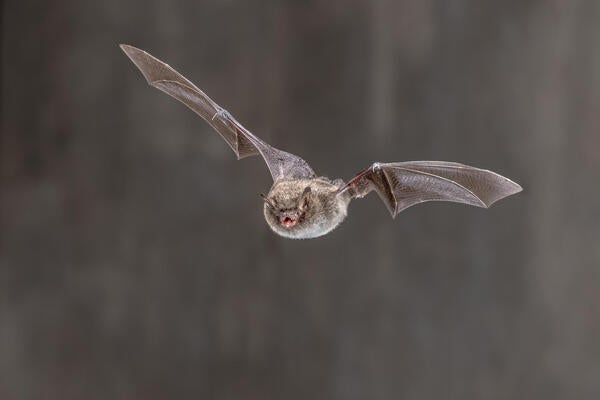
Next generation of bio-based binders to be developed with Waterloo partnership
The next generation of biolatex® binders for applications in paper coating, paperboard and personal care products

The next generation of biolatex® binders for applications in paper coating, paperboard and personal care products
By Media RelationsWATERLOO, Ont., (Monday, March 18, 2013) – The Waterloo Institute for Nanotechnology (WIN) at the University of Waterloo and a biomaterials company started by two Waterloo chemistry graduates are teaming together to make the next generation of biolatex® binders for applications in paper coating, paperboard and personal care products.
The secret of EcoSynthetix’s breakthrough is to replace traditional latex with a nano-engineered version that is derived from bio-based sources, such as the starch in corn or tapioca. The applications are diverse. For example, latex made from fossil fuels is currently used as the main binding agent in coating paper for everything from magazines to cereal boxes. With biolatex®-containing coatings, the same paper can be made with equal or superior performance, at a lower cost and with a smaller carbon footprint.
EcoSynthetix Corp. and WIN will share expertise in developing and characterizing nanopolymers and other new bio-based materials. The result is anticipated to lead to a new generation of bio-based latex coatings that are suitable for a wide variety of industrial applications.
“By sharing our research skills and insights, WIN researchers will help develop green bio-based materials that have a real impact on society," said Professor Arthur J. Carty, executive director of the Waterloo Institute for Nanotechnology. “This project represents a great opportunity for our institute, faculty and students at the university to collaborate with a local innovator to further our understanding of technology that leverages a green chemistry to produce innovative substitutes for petroleum-based chemicals.”
“This collaboration with the Waterloo Institute for Nanotechnology is a great example of how industry and universities can work together to advance an exciting new area of science to benefit the community,” said John van Leeuwen, CEO of EcoSynthetix. “By working with WIN to deepen our understanding of the basic science, we can identify new future applications that could benefit from a sustainable bio-based material.”
The partnership is a five-year agreement funded through an NSERC-EcoSynthetix Collaborative Research and Development Grant.
The Waterloo Institute for Nanotechnology is an interdisciplinary research institute at the University of Waterloo, Ontario, Canada focused on science and engineering at the atomic scale, which entails the design, fabrication, and exploitation of materials and structures where dimensions are measured in billionths of a meter (10-9m). The extraordinary range of possibilities offered by nanotechnology is based on the fact that the properties of materials change – sometimes radically – when their size approaches that of a few tens or hundreds of atoms. By taking advantage of the unique phenomena which predominate at the atomic-scale, the institutes scientists and engineers are discovering and developing nano-materials, nano-electronics, nano-instrumentation and nano-biosystems that will fundamentally change the world.
For more information visit the website at: www.uwaterloo.ca/institute-nanotechnology.

Dr. Travis Craddock, professor and Canada Research Chair, says the team's findings change our basic knowledge of biology (University of Waterloo).
Read more
New study reveals quantum-level effects in biology with major implications for treatment of some brain diseases

ESO 137-001, a jellyfish galaxy like the one recently observed by astrophysicists at the University of Waterloo. (Credit: NASA, ESA)
Read more
New astronomical find is 8.5 billion years old and reshapes our understanding of early cosmic evolution

The photo shows a European bat species affected by White-nose Syndrome.
Read more
Study highlights the biological mechanisms behind a disease that has caused over 90 per cent declines in some bat species
The University of Waterloo acknowledges that much of our work takes place on the traditional territory of the Neutral, Anishinaabeg, and Haudenosaunee peoples. Our main campus is situated on the Haldimand Tract, the land granted to the Six Nations that includes six miles on each side of the Grand River. Our active work toward reconciliation takes place across our campuses through research, learning, teaching, and community building, and is co-ordinated within the Office of Indigenous Relations.